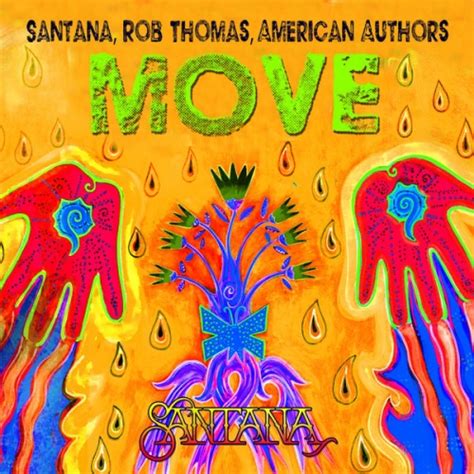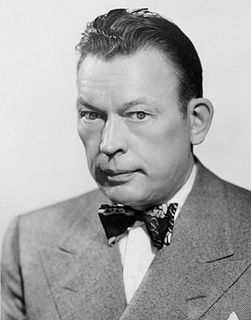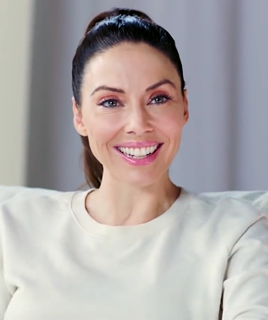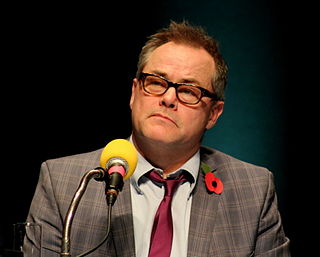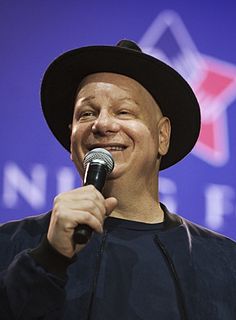A Quote by Marshall McLuhan
Jokes are grievances.
Quote Topics
Related Quotes
When people become too intense, too serious, they will have trouble in relating to any sort of social game or norm. Perhaps this is why jokes are so important. On one hand they tell us about where the problems and grievances are, and, at the same time, they provide the means of enduring these grievances by laughing at the problems.
You know, Hillary Clinton's out there saying, we need smart diplomacy. We need to do smart power. And that means empathizing with our enemy, understanding their grievances, like we understand the grievances of homosexuals, like we understand the grievances of African-Americans. We must learn to understand the grievances of ISIS.
Comedy is grievances. It's a recitation of grievances - whether they're inconsequential, superficial - like "my wife shops too much", or "kids today", all those old-fashioned themes - or, if it's deeper, and somewhat more thoughtful, about social imbalance and inequities, and the folly of human behavior. It's usually a complaint.
When you talk about your troubles, your ailments, your diseases, your hurts, you give longer life to what makes you unhappy. Talking about your grievances merely adds to those grievances. Give recognition only to what you desire. Think and talk only about the good things that add to your enjoyment of your work and life. If you don't talk about your grievances, you'll be delighted to find them disappearing quickly.
I learned all those jokes in second grade. Second grade is really where they tell you those horrific jokes, racist jokes and misogynistic jokes that you have no idea what they mean, and you just memorize them because they have a very strong effect, they make people laugh in this kind of nervous, horrible way, and it's only later that you realize that you've got a head full of crap.


